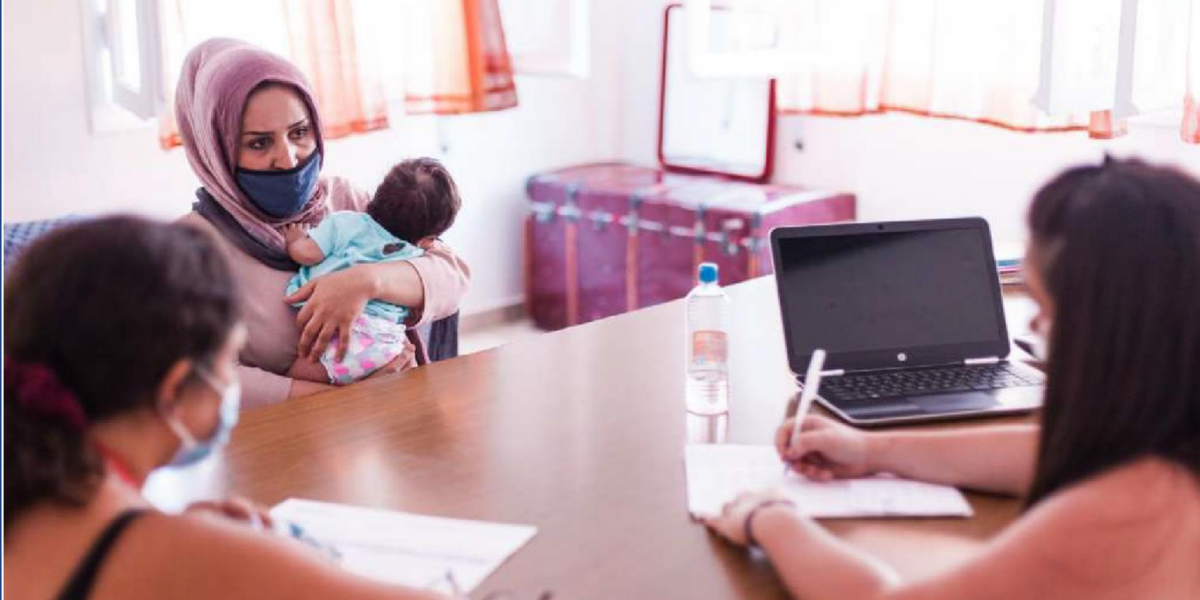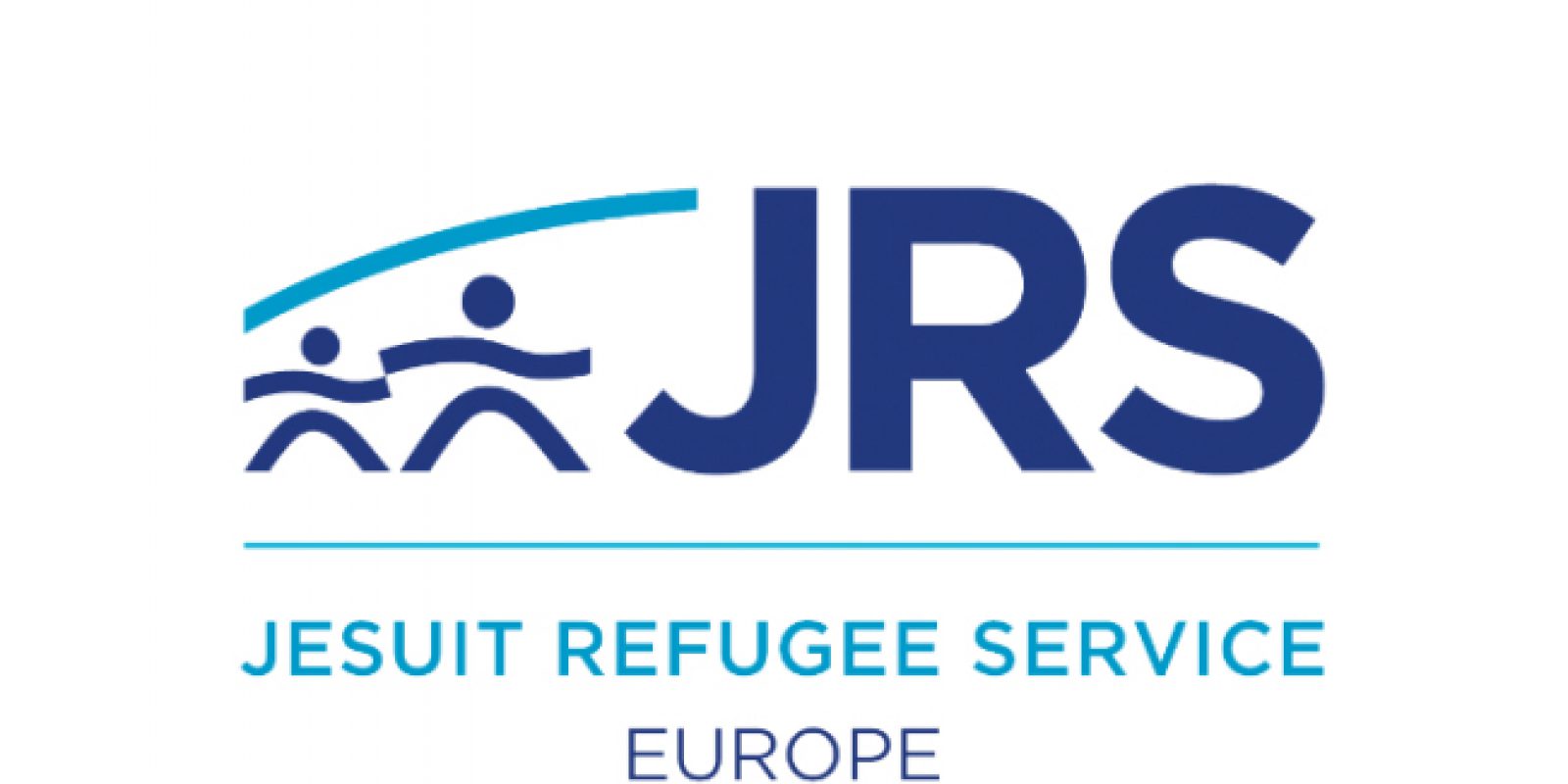Women’s Centres: a safe haven from gender-based violence
25 November 2021

On the International Day for the Elimination of Violence against Women, celebrated on November 25th, we remember displaced women who are victims of discrimination and abuse in their journeys.
Women in migration are disproportionately exposed to violence. Gender-based violence describes any harm perpetrated based on gender and can be physical, sexual, emotional, verbal, financial or psychological. Worldwide, one in three women will experience gender-based physical or sexual abuse in her lifetime.
While migration has the potential to improve women’s life conditions and, in some cases, to escape violence in their country of origin, displaced women experience increased unsafety. Migrant women are a vulnerable group which, more so than their male counterparts, is subjected to discrimination, exploitation and abuse at the hands of traffickers, authorities and people encountered in the journey. Often unable to report crimes, they are left with no protection and no help to face the trauma endured.
This calls for services that cater specifically to women who are refugees or asylum seekers. Whilst support to victims of violence is crucial, a more diverse range of women-only services are needed to ensure the protection and wellbeing of women in migration.
The Women’s Day Center run by JRS Hellas in Greece is an example. Intended as a safe space, it aims to create the conditions for women to respond to their basic needs, create relationships and develop useful skills. Ultimately it promotes autonomy and social integration, so that every woman can be empowered to create her own life project. Services offered range from social accompaniment, shower and laundry service, creative activities and workshops, distribution of food baskets. Until 2021, it served over 1700 beneficiaries.
Arezu and Leila are two women from Afghanistan who come to the centre.
Arezu is 25. She comes to the Centre almost every day, to use the showers and laundry, as she rarely has running water in her house. At the Centre, she can relax and be comfortable, surrounded by staff who help her feel at ease.
“As an Afghan woman, it is very important for me to have a place only for women. The Women’s Day Centre is a very good place to spend the time. The social worker is really kind to me, everything is clean, so this place makes me feel at peace.” says Arezu.
Leila is 31, she is married with children. She comes to the Centre to attend different workshops and classes, spending time with other participants who have now become her friends.
“I am comfortable here, but also I am learning new things here, so I think this is better for my present and for my future. It’s good to be with other women and feel free to speak. As a woman it makes me feel integrated.” shares Leila.
Violence is an all-too-common experience for displaced women. Whilst spaces like the Day Centre provide a haven where they can feel comfortable again, both policies and reception services must be implemented to guarantee protection, dignity and support.
The EU and Member States must provide safe and legal pathways for women through increased resettlement commitments, generous family reunification policies and a clear legal EU framework on the use of humanitarian visas. At the same time, they must ensure dignified reception conditions, including gender-sensitive procedures and extensive training of public officials. Only once safety and basic dignity are guaranteed, women can then eventually proceed to grow as individuals and pursue life projects for themselves and their families.

